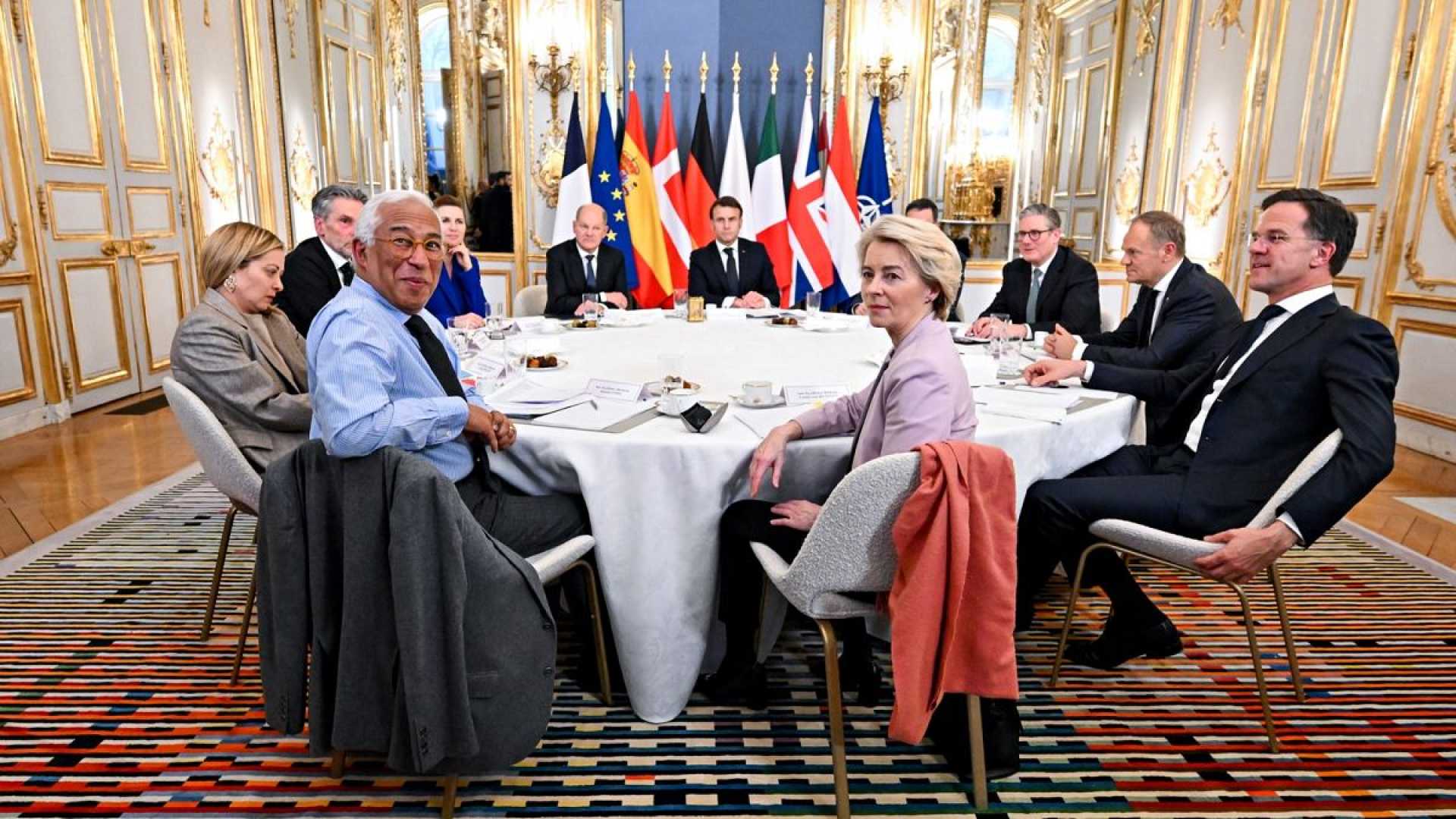Politics
Calls for European Voices in Ukraine Peace Negotiations

NEWPORT, UK — Amid escalating tensions in Ukraine, discussions regarding peacekeeping roles for European troops are stirring heated debates among political figures and commentators. Concerns are growing over the exclusion of European and British representatives from critical negotiations aimed at securing peace in the region.
William Seaford, a commentator from Newport, emphasizes the importance of including European voices in any peace negotiations between the United States and Russia. He criticizes former President Donald Trump’s attempts to broker peace without the involvement of Ukraine or European nations, stating, “It is unacceptable that British lives be risked for the knavery of Trump and his acolytes.”
Seaford argues that if the U.S. seeks European military support, it must allow Europe a seat at the negotiation table. “No ifs, no buts. No taxation without representation: is that not a founding principle of U.S. democracy?” he remarked, highlighting the potential consequences of sidelining European interests.
His comments reflect a broader discontent with the U.S.’s handling of international relations concerning Europe. Critics fear that America’s recent strategies threaten the post-1945 international structures that have long maintained Western alliances.
In a related note, Mark Cottle, a resident of Monmouthshire, points out that the longstanding notion of a ‘special relationship’ between the U.S. and the UK may be waning. He asserts that any future negotiations sidelining Europe could lead to a significant shift in defense alliances. “Self-interest works on both sides,” he cautions, suggesting that the U.S. may face challenges in rallying its allies without their input.
Moreover, Cottle proposes that if Trump continues to bypass European interests, American leaders should be reminded of the sacrifices made by British troops in support of U.S. military operations. He advocates for a visit to the Iraq and Afghanistan memorials in London as a reminder of the costs involved. “The Maga movement might find our military sacrifice is one of the few aspects of the North Atlantic alliance it can’t easily dismiss,” he said.
As the debate progresses, the urgency for a reevaluation of defense strategies is increasing. Simon Rew from London suggests that the UK may need to reconsider its reliance on the Trident nuclear deterrent without the backing of the U.S. “Isn’t it time to think about mothballing Trident and redirecting that funding to conventional defense capacity in Europe?” he questions, advocating for a more pragmatic approach to security.
The discussions signal a critical moment for U.S.-European relations as several voices call for a reexamination of commitments and strategies in light of a changing geopolitical landscape.












